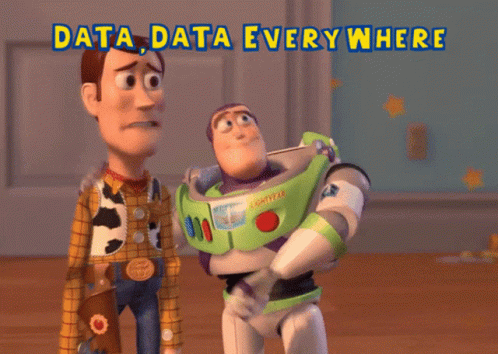Not All Data Practitioners Are Data Literate.
Well whether data practitioners are data literate depends on the specific skills and knowledge they have.
What is Data Literacy?
It is the ability to understand, use, and communicate data effectively. It includes the ability to read and interpret data, ask the right questions, identify trends, and make informed decisions.
While some data practitioners may have a strong understanding of data analysis and visualization, but may not be as skilled at communicating data to others. Others may be excellent at communicating data, but may not have the same level of technical expertise in data analysis.

Just who are considered Data Practitioners anyway?
These are people who use data in an organization to solve problems & make decisions. They come from a variety of backgrounds, including computer science, statistics, mathematics, business, or engineering.
Some common data practitioner roles include:
1.Data analyst: A data analyst collects, cleans, and analyzes data to identify trends and patterns. They use this information to help businesses make better decisions.
2.Data scientist: A data scientist is a more technical role that involves developing and using data models to solve problems. They often have a strong background in statistics and machine learning.
3.Data engineer: A data engineer builds and maintains the systems that collect, store, and analyze data. They ensure that data is available and accessible to data practitioners.
4.Business intelligence analyst: A business intelligence analyst uses data to help businesses understand their operations and make better decisions. They often work with data visualization tools to create reports and dashboards.
5.Data visualization specialist: A data visualization specialist creates visualizations that help people understand data. They use charts, graphs, and other visuals to communicate data in a clear and concise way.
Data practitioners are essential for businesses of all sizes. As the amount of data that businesses collect continues to grow, the demand for data practitioners will only increase.

Data practitioners are in high demand, so there are many opportunities for career growth. With the right skills and experience, you can have a successful career in data.
Ultimately, whether or not a data practitioner is data literate depends on their individual skills and knowledge.
However, all data practitioners should have a basic understanding of data literacy in order to be successful in their roles.
Here are some of the skills and knowledge that are essential for data literacy:
- Data analysis: The ability to collect, clean, and analyze data.
- Data visualization: The ability to create and interpret data visualizations.
- Communication: The ability to communicate data effectively to others.
- Critical thinking: The ability to ask the right questions and identify trends in data.
- Problem-solving: The ability to use data to solve problems.
If you are a data practitioner, it is important to develop your data literacy skills. There are many resources available to help you do this, such as online courses, workshops, and books.
By developing your data literacy skills, you will be better equipped to succeed in your role and make a positive impact on your organization.


